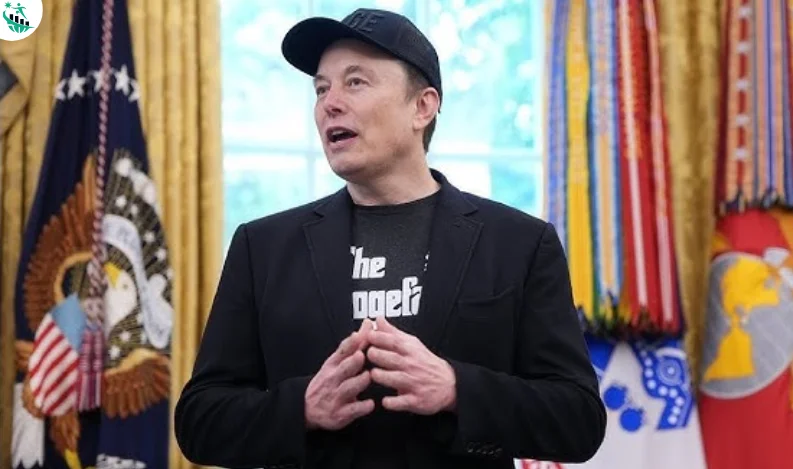
Elon Musk Backs Rand Paul’s Criticism of Trump’s Megabill
Washington, D.C. — July 4, 2025: Tesla CEO Elon Musk has broken his silence on President Donald Trump’s recently passed "One Big Beautiful Bill," voicing agreement with Senator Rand Paul’s criticism of the sweeping legislation.
In a repost on X (formerly Twitter), Musk endorsed Paul’s warning that the bill “explodes the deficit” and prioritizes political wins over fiscal responsibility. The comment marks Musk’s first public reaction since the bill narrowly passed Congress on Thursday and landed on Trump’s desk for signature.
The legislation, a mix of tax cuts, immigration enforcement funding, and steep reductions to Medicaid and green energy incentives, has stirred controversy across political lines. The independent Congressional Budget Office (CBO) projects the bill will add $3.4 trillion to the current $36.2 trillion U.S. debt over the next ten years.
Musk, a longtime critic of federal subsidies tied to renewable energy and electric vehicles, has clashed openly with Trump in recent weeks. On Monday, Musk dubbed the measure the “DEBT SLAVERY bill”, a phrase that quickly went viral.
One major point of contention is the bill’s rollback of EV tax credits and renewable energy support, areas critical to Tesla’s long-term strategy. Trump’s earlier comments took direct aim at Musk’s business interests, stating:
“I took away his EV Mandate that forced everyone to buy Electric Cars that nobody else wanted… and he just went CRAZY!”
The feud reached a flashpoint last month when Tesla’s market cap dropped by $152 billion on June 5, following Trump’s online attacks. Although Tesla’s stock has partially recovered, it remains below its pre-feud valuation.
Musk’s decision to back Senator Paul underscores growing conservative criticism from fiscal hawks who fear the bill will lead to long-term economic strain. The White House has dismissed CBO warnings, labeling the agency “partisan” and defending the bill as necessary for national growth and security.
The bill is expected to reshape federal spending priorities for years, while igniting heated debates over debt, sustainability, and political accountability.



Recent Comments:
No comments yet.